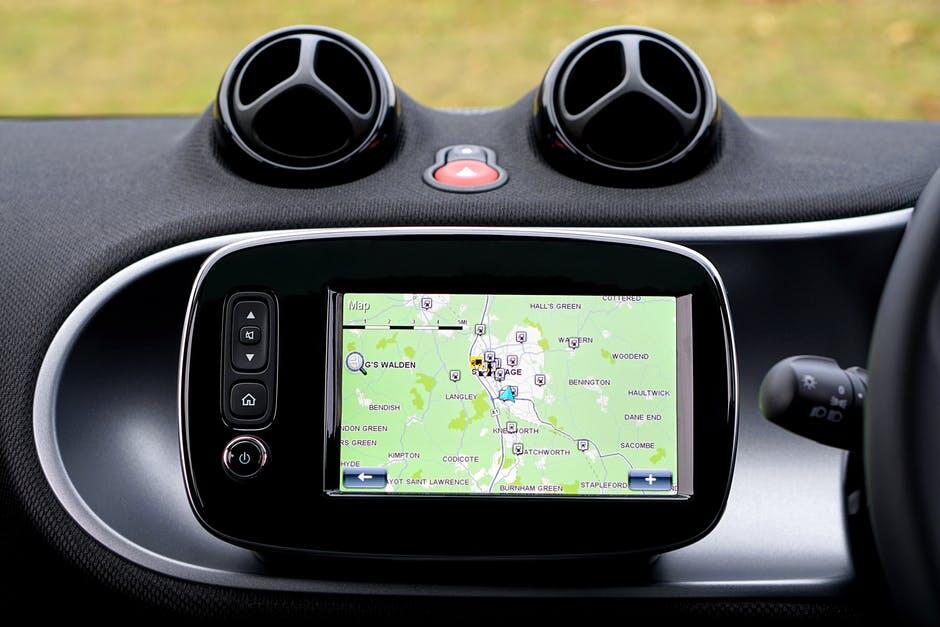The debate between GPS vs GNSS is one that often causes confusion among users seeking accurate positioning. Are you relying on the conventional Global Positioning System (GPS) or exploring the broader capabilities of the Global Navigation Satellite System (GNSS)?
The truth is, while GPS is widely known for its accuracy in everyday applications. On the other hand, GNSS introduces a range of technologies. These can enhance precision significantly depending on your requirements. For more info on GPS vs GNSS, keep on reading!
Understanding GPS and GNSS
GPS, short for Global Positioning System, was developed by the United States. It uses a network of satellites orbiting the Earth to provide location information to users. For GPS to work accurately, it relies on at least 24 satellites. These ensure continuous coverage and help determine precise positions. These satellites send signals to GPS receivers. They can then calculate the user’s exact location based on the time it takes for the signals to arrive.
On the other hand, GNSS (Global Navigation Satellite System) includes multiple satellite systems. These come from different countries. Along with GPS, it includes Russia’s GLONASS, Europe’s Galileo, and China’s BeiDou systems.
Since GNSS combines signals from all these satellite networks, users can access a larger number of satellites. This results in improved accuracy. This is especially true in challenging environments.
For example, cities with tall buildings or areas with lots of obstructions. In these places, a single system might struggle to provide strong signals. By using multiple systems together, GNSS offers a more reliable and precise location service.
Navigation Technology Differences Between GPS vs GNSS
Generally, GPS can achieve an accuracy within 5 meters under optimal conditions. However, this figure can fluctuate due to various factors. For example, atmospheric conditions or obstructions.
On the other hand, GNSS can deliver accuracy levels of less than one meter through techniques. For example, Differential GNSS (DGNSS) and Real-Time Kinematic (RTK) positioning. By utilizing multiple satellite constellations, GNSS provides a more reliable and robust solution.
When to Use GPS
For most everyday activities, such as navigation in vehicles or basic outdoor recreational activities, GPS will suffice. Users can get the needed accessibility and accuracy without delving into more complex systems. Additionally, GPS can be the perfect choice when operational simplicity and minimal setup time are priorities.
When to Utilize GNSS
If your work involves geospatial precision, like surveying or construction, GNSS is the way to go. The increased satellite availability allows for corrections that significantly enhance accuracy. As technology evolves, the introduction of enhanced systems poses an intriguing question. What are next-generation GNSS constellations that can take your precision to the next level?
Factors to Consider
To decide between GPS vs GNSS, consider the following factors:
- Required accuracy level
- Environmental conditions
- Your specific use case
- Equipment availability and budget constraints
Understanding these elements will enable you to make an informed decision for your GPS and GNSS needs.
Conclusion: Making the Right Choice
Ultimately, deciding between GPS vs GNSS comes down to your specific requirements. For general use, GPS remains a solid choice, delivering reliable performance for most users.
Meanwhile, GNSS provides crucial advancements for applications requiring higher accuracy. Whether you’re navigating a city street or conducting high-stakes mapping, understanding the differences will empower you to select the right system for your needs.
For more topics aside from global navigation solutions, visit our blog!







